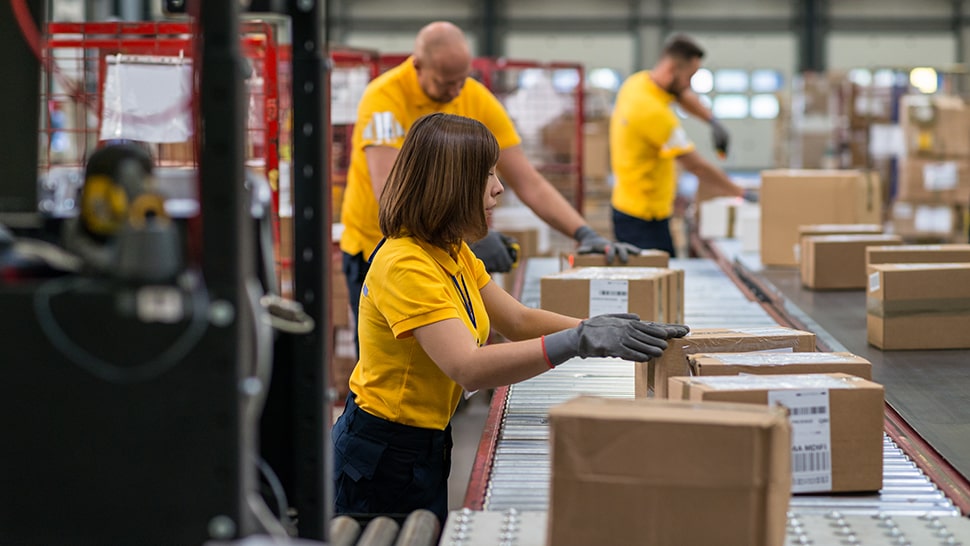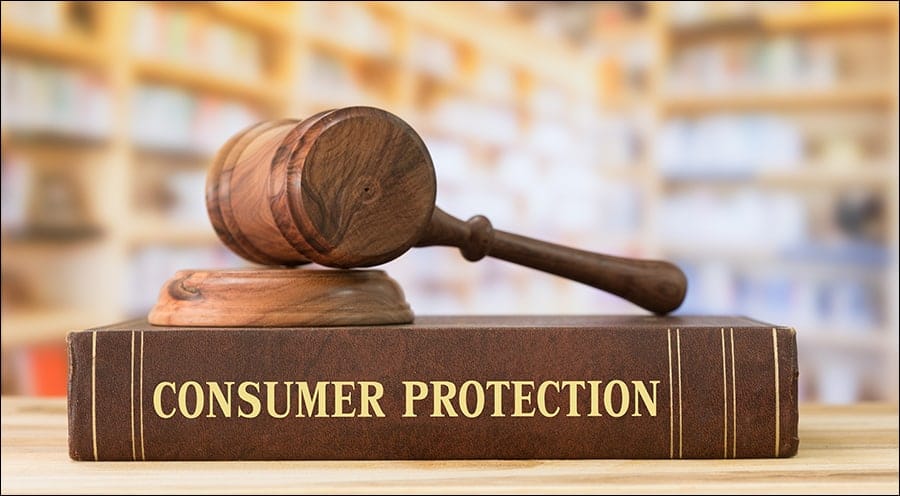Product Liability in Personal Injury and Wrongful Death Cases
Whether you've been injured in an accident, are dealing with a personal injury claim, or facing another legal issue, Mendez & Sanchez APC is here to fight for you. Contact us today for a free, no-obligation consultation.
Call Us Now
Product liability is an important aspect of personal injury and wrongful death cases. When individuals suffer injuries or lose their lives due to defective or dangerous products, they have the right to seek compensation from the responsible parties. This article explores the concept of product liability, the different types of product liability claims, the elements required to establish such claims, and the significance of product liability in personal injury and wrongful death cases.
Understanding Product Liability
Product liability refers to the legal responsibility that manufacturers, distributors, suppliers, and retailers bear for placing defective or dangerous products into the hands of consumers. It holds them accountable for any harm caused by the products they create, distribute, or sell. Product liability laws vary from jurisdiction to jurisdiction, but they generally aim to protect consumers from injuries and ensure that companies maintain high safety standards.

Types of Product Liability
There are three main types of product liability claims: negligence, strict liability, and breach of warranty. Each type imposes a different burden of proof on the injured party and requires different elements to establish liability.
Elements of a Product Liability Claim
To succeed in a product liability claim, the plaintiff must prove certain elements, which typically include:
- Duty of care: The defendant owed a duty to the plaintiff to provide a safe product.
- Breach of duty: The defendant breached this duty by manufacturing or distributing a defective or dangerous product.
- Causation: The defect in the product caused the plaintiff's injuries or the wrongful death.
- Damages: The plaintiff suffered harm or losses as a result of using the defective product.
Negligence in Product Liability Cases
In negligence-based product liability claims, the plaintiff must establish that the defendant acted negligently in designing, manufacturing, or distributing the product. This requires proving that the defendant failed to meet the standard of care expected in the industry and that this failure directly caused the injuries or death.
Strict Liability in Product Liability Cases
Strict liability applies when a product is defective or unreasonably dangerous, regardless of the defendant's negligence. The injured party only needs to demonstrate that the product was defective and that the defect caused the harm, without the need to prove the defendant's fault.
Breach of Warranty
Breach of warranty occurs when a product does not meet the express or implied promises made by the manufacturer or seller. It can involve both written warranties and implied warranties, such as the warranty of merchantability or fitness for a particular purpose.
Defenses in Product Liability Cases
Defendants in product liability cases may raise various defenses to avoid liability, such as:
- Assumption of risk: The plaintiff was aware of the potential dangers associated with the product and voluntarily accepted those risks.
- Product misuse: The plaintiff used the product in a manner that was not intended or reasonably foreseeable.
- Comparative negligence: The plaintiff's own negligence contributed to the injuries or death.
- Statute of limitations: The plaintiff filed the lawsuit after the applicable time limit.
Damages in Product Liability Cases
In product liability cases, injured parties may seek compensation for various damages, including:
- Medical expenses
- Lost wages
- Pain and suffering
- Emotional distress
- Loss of consortium
- Wrongful death damages
Product Liability in Personal Injury Cases
Product liability plays a crucial role in personal injury cases when individuals sustain injuries due to defective products. Whether it's a faulty automobile part, a defective medical device, or a dangerous consumer product, victims can hold the responsible parties accountable for their injuries and seek compensation.
Product Liability in Wrongful Death Cases
In wrongful death cases, product liability can arise when a defective or dangerous product directly causes the death of an individual. The surviving family members may file a lawsuit against the responsible parties to seek justice and financial recovery for the loss of their loved one.
Statute of Limitations
It's important to note that product liability claims have a statute of limitations, which is the timeframe within which a lawsuit must be filed. The specific time limits vary by jurisdiction, so it's crucial to consult with an attorney promptly to preserve your legal rights.
Hiring an Attorney for Product Liability Cases
Given the complexity of product liability cases, it is highly recommended to hire an experienced personal injury attorney who specializes in product liability. An attorney can guide you through the legal process, gather evidence, establish liability, and negotiate with the responsible parties or their insurers to secure a fair settlement.

Conclusion
Product liability in personal injury and wrongful death cases serves as a vital legal mechanism to protect consumers and hold manufacturers accountable for their defective or dangerous products. Understanding the different types of product liability claims, the elements required to establish liability, and the potential defenses and damages involved is crucial when seeking compensation for injuries or the loss of a loved one. If you believe you have a product liability claim, consult with an attorney to assess your case and explore your legal options.


